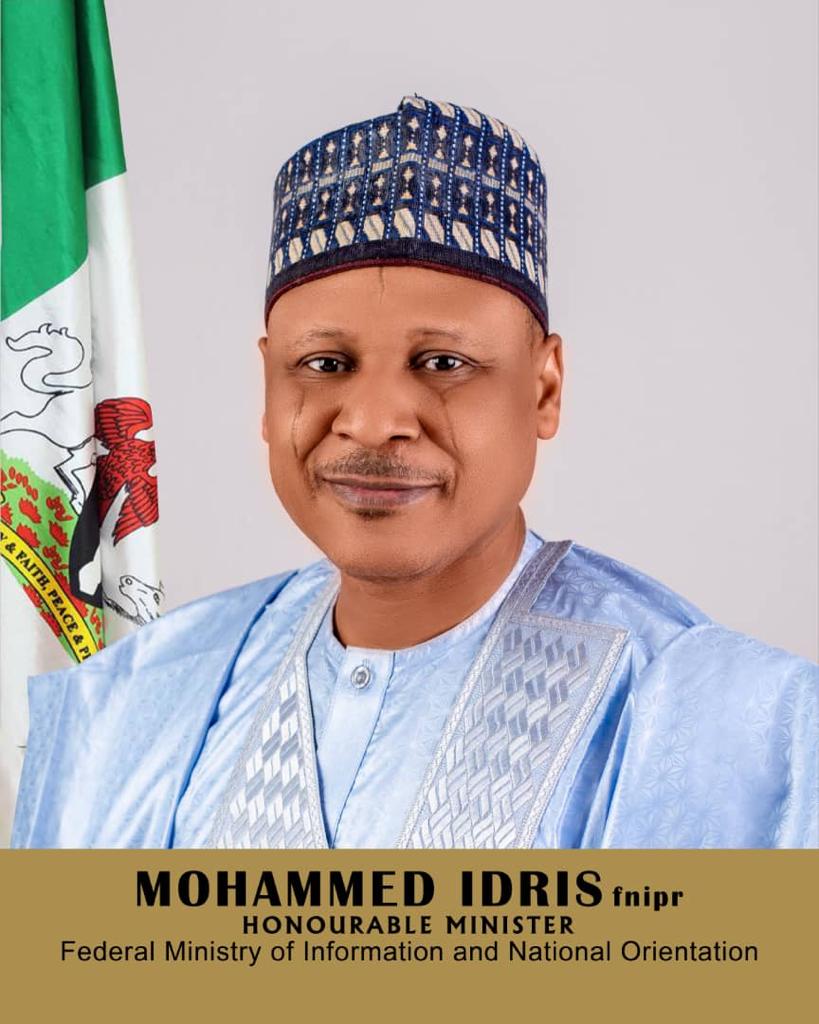By Philip Yatai
The Kaduna State Government, on Wednesday reeled out its achievements in the education sector at an open forum designed to get the citizens involved in governance.
The state’s Commissioner for Education, Science and Technology, Ja’afaru Sani said in Kaduna that the open presentation of the education sector scorecard was to strengthen transparency and accountability in governance.
He added it that it was in line with the Open Government Partnership which the state subscribes to.
The News Agency of (NAN) reports that the event, tagged Interactive Forum on Education Sector Performance Review, was anchored by Kaduna Basic Education Accountability Mechanism and the Partnership to Reform, Engage and Learn (PERL).
He said the aim was to get the inputs of the general public, who would now be able to monitor implementation of policies and take ownership of government programmes.
According to him, the effort would ensure success of policies and build people’s confidence in government.
“Government do not know everything and the duty of providing education for all is the responsibility for all, thus making this open governance and citizens engagement key to the success of government programmes in the sector.”
Malam Aliyu Tijjani of the state education accountability mechanism, said the interaction would bridge the gap between the public and government and educate the people on government activities especially in basic education.
“This accountability mechanism is designed to ensure transparency in the education sector where the citizens are carried along in the design and implementation of government programmes in the sector.
“This will enable citizens verify government claims in terms of development in the sector so that the people will know where we are in the sector, where we ought to be and how to get there.”
Presenting the scorecard, Malam Lawal Abubakar noted there has been yearly increase in funding for the construction of classrooms for primary and secondary schools in the last three years.
Abubakar also said that capital budgetary performance on construction of primary and junior secondary schools tripled in 2017 when compared with what was budgeted in 2015.
He also said that the pupil/teacher ratio also increased at all levels, just as the number of schools during the period under review.
“The number of Early Child Development increased from 1,410 in 2015 to 1,894 in 2018 with corresponding increase in enrollment from 173,000 in 2015 to 293,000 by 2018.
“Number of primary schools have increased from 4,225 in 2015 to 4,260 in 2018 while enrollment also increased from 1.1 million in 2015 to 1.7 million in 2018.
“The number of junior secondary schools equally increased form 411 in 2015 to 419 in 2018, while enrollment increase from 147,000 in 2015 to 320,000 in 2018,” he added.
He called on the state government to sustain its capital investment in basic education and recruit more qualified teacher to ensure qualitative teaching and learning.
Also, Bahijjatu Garko of United Nations Population Fund, commended the government for its commitment towards engaging citizens in the design and implementation of programmes in the education sector.
Garko said that the only way to achieve transparency and accountability in the sector was to carry the citizens along in all education programmes.
“We are solidly behind Kaduna Government in its drive to improve the quality of service delivery in the education sector and other sectors of the economy,” she said.
Similarly, Istifanus Akau of PERL Kaduna said they have been working with the state government to improve service delivery in the education sector.
Akau said that the partnership was yielding the desired result, particularly with the recently developed education policy for the state with inputs from the citizens, which PERL supported. (NAN)



